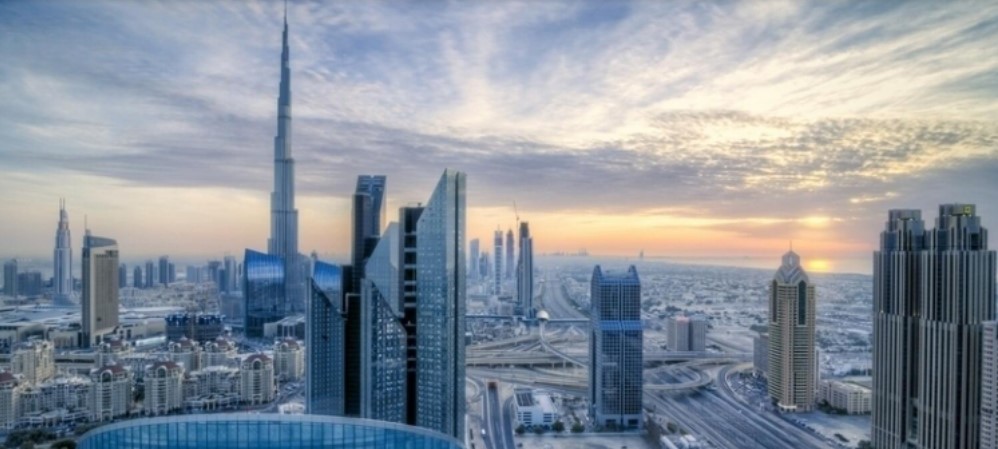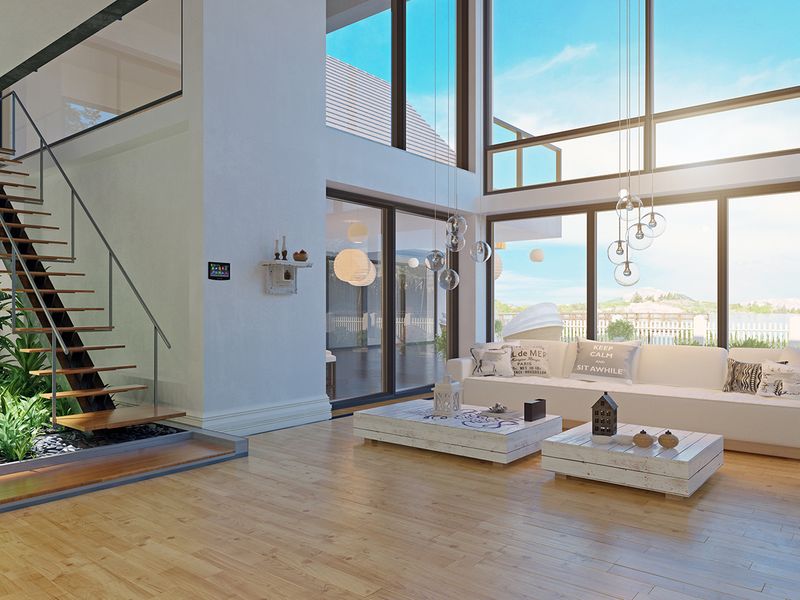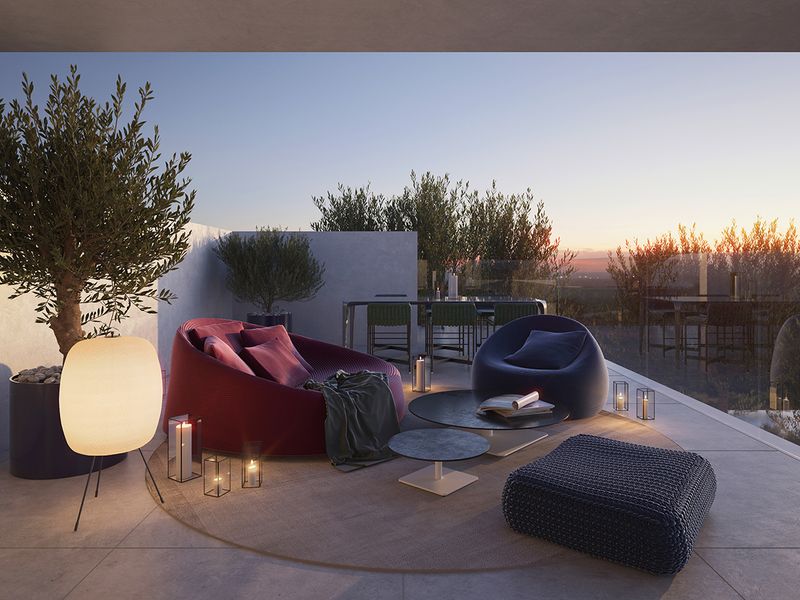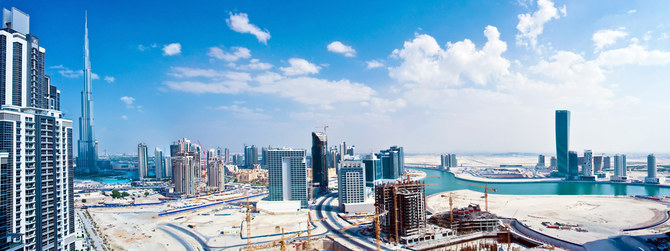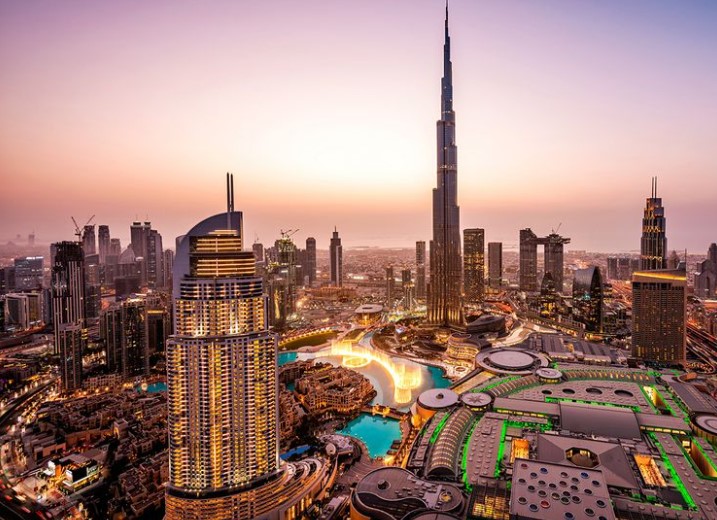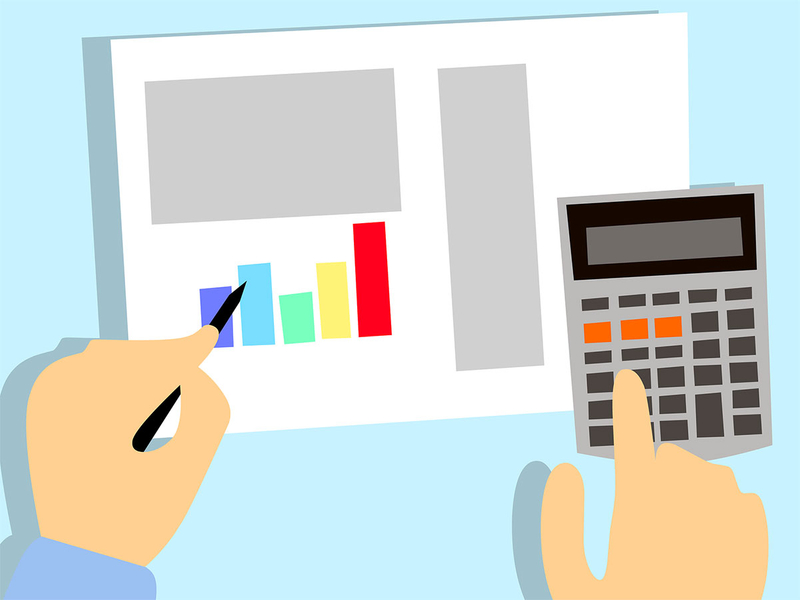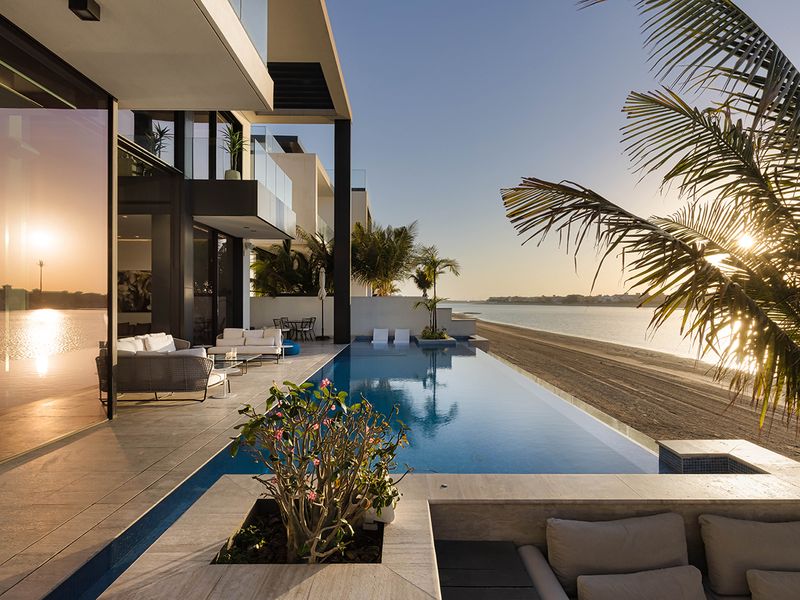Lisbon tops the table of the best locations for an executive nomad to live, according to new research released on Wednesday by London-based real estate consultants Savills, with Miami featuring second and Dubai third on its index.
The Savills Executive Nomad Index ranks 15 destinations for long-term remote workers. All either have a digital nomad visa programme, or equivalent, or in the case of the US and European countries, are already part of a large economic bloc that allows free movement of people for living or work.
They offer favourable climates year-round, high quality of life and have established prime residential markets. The locations are assessed in terms of internet speed, quality of life, climate, air connectivity and prime residential rents.
Paul Tostevin, head of Savills World Research, said: “The modern executive nomad – a distant cousin of the freelance creative working from a cafe in Bali or Costa Rica – owns a villa in the Algarve or a condo in Miami, attends Zoom calls from an airy home office, and hops on a flight back to London, New York, or Geneva for the quarterly board meeting”.
“Provided travel connections are good and high-speed internet is reliable, individuals and families are motivated to relocate and are placing a greater emphasis on health, wellness and overall lifestyle,” he added.
Lisbon tops the ranking thanks to Portugal's high quality of life. Low pollution and a favourable climate are advantages. Lisbon also offers strong physical connectivity, thanks to a well-connected international airport.
Ricardo Garcia, head of residential, Savills Portugal, said: “Tech executives and entrepreneurs are also drawn by Lisbon’s burgeoning status as a tech hub. Real estate costs are low, and there is a strong local talent pool. Companies are moving their headquarters to Portugal. The area is becoming more and more international. I don’t see Lisbon or Portugal slowing down any time soon.”
ALSO READ:
Miami is second, a global gateway city, but with a warm climate and beaches, it has grown in appeal as a remote working destination in the US. It has plenty of big-city benefits, such as very good air connectivity, good digital infrastructure, and a strong prime rental market, whilst offering a comparatively good quality of life, Savills said.
Third place Dubai tops the index for air connectivity, reaching over 100 countries with more than 240 destinations.
“Remote working enabled business owners from abroad to make Dubai their main hub,” says Helen Tatham, head of residential community sales & leasing, Savills Dubai. “In 2020 rents and sales volumes saw increases not witnessed since 2014, driven both by existing renters who wanted to make Dubai their permanent home, and by an influx of new residents.
“UK nationals have long favoured Dubai for holiday and work, but the market also benefited from new demand from French, German, Swedish and Swiss buyers,” she added.


